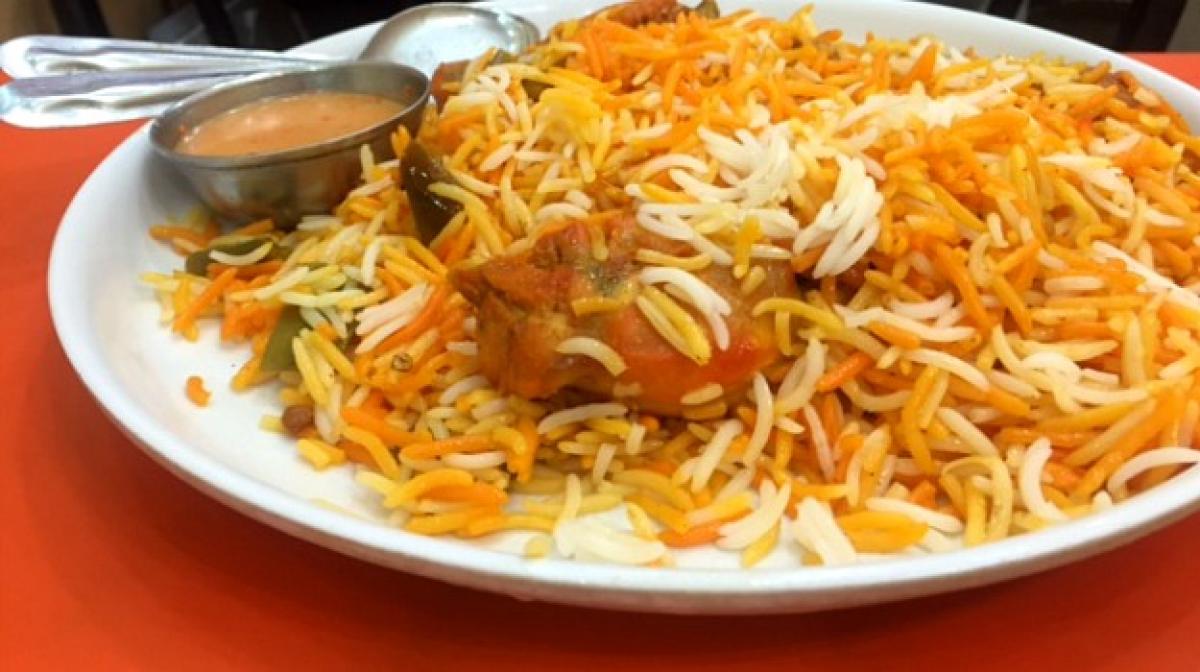Live
- How to Ensure Security in Cloud Migrations: Insights from Kiran Kumar Kakkireni
- District Collector Conducts Surprise Inspection, Ensures Quality Meals for Students
- Call to End Exploitation of Cotton Seed Farmers by Middlemen in Gadwal District
- BJP Demands Immediate Action on Failing Mid-Day Meal Scheme and Infrastructure in Jogulamba Gadwal Schools
- CPM Demands Immediate Action to Strengthen Government Hospitals and Curb Private Healthcare Exploitation
- 6 Startups Shaping the Future of Faith-Tech in India
- Unfazed by numbers; Raashi shines with her appearance
- Samantha: Actress Samantha's Father Joseph Prabhu Passes Away
- Mokshagnya’s dashing transformation ignites curiosity among fans
- Allari Naresh goes massy in ‘Bachhala Malli’teaser









